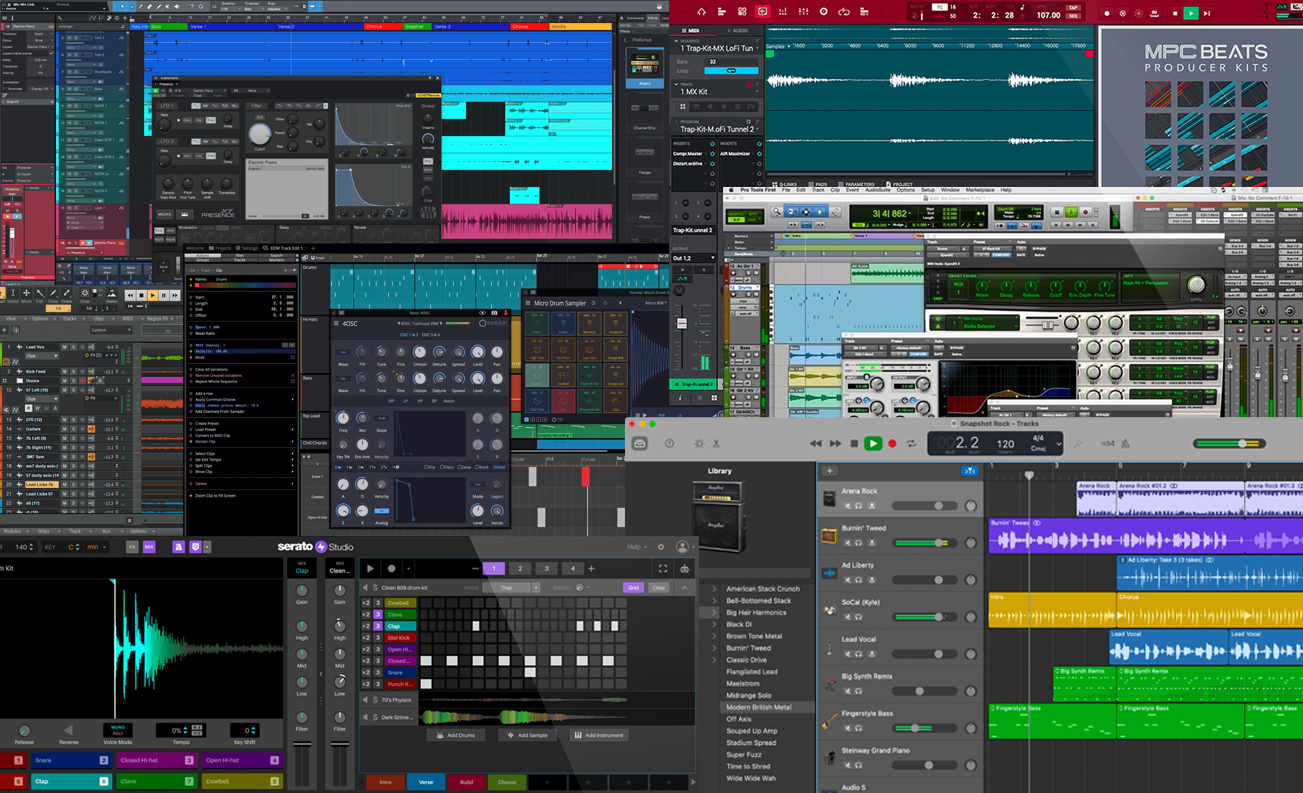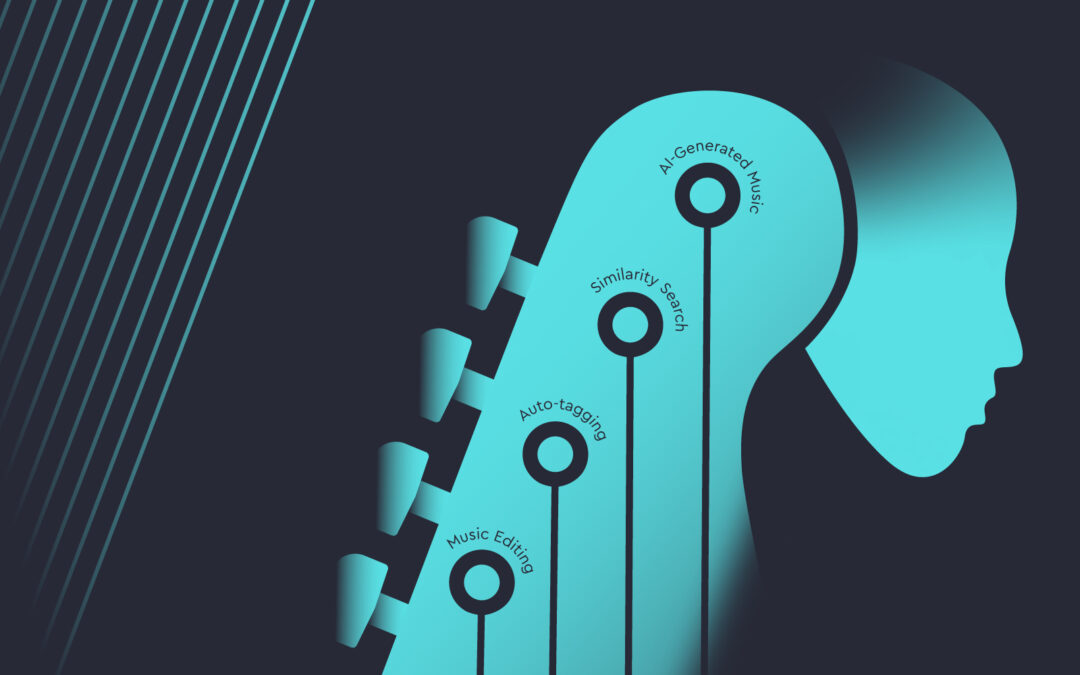Thanks to digital audio workstations and affordable recording software, anyone with a computer can create their own music. Thanks to the emergence of artificial intelligence (AI), that process just got easier. AI-driven plugin effects as well as virtual instruments have made it possible to use software to simulate human-generated sounds and create music on a computer rather than in a studio environment.
These new tools can significantly speed up the production cycle, allowing you to record ideas quickly and experiment with new sounds until you find the right composition or mix.
Software for music production and mixing

AI plugins are designed to make the creative process faster, easier, and more efficient. For example, a plugin might suggest the best reverb setting based on the desired final result. These types of features can help reduce the time it takes to create a track, particularly when it comes to recording ideas. The vast number of plugins on the market also makes it easier for you to find one that works for your music.
For example, a plugin might enable you to create vocal harmonies, but not provide an option for creating drums and bass. If you need these elements, you might want to look for an alternative tool. AI plugins are also great for making music production and mixing more collaborative.
Instead of having to explain what you want or explain the potential sound, you can simply draw a track or show an arrangement, and let the software handle the rest. This can be particularly useful when working with a team of musicians, as it allows people to contribute without having to explain their ideas and/or rework existing tracks.
AI for Music Production and Mixing
AI is also useful for creating music. Some virtual instruments can generate sounds based on MIDI tracks, making them a great choice for creating music similar to what you already have. For example, you can use an AI synth with a MIDI guitar track to create an electro-pop track with vocal harmonies and an EDM-style drop.
You can also use AI to automatically create new tracks. One way this might work is by using an AI beat composer to create a pattern that can be used to create a new track. For example, a plugin might analyze your MIDI track and then use that information to create a new drum track.
Artificial intelligence for music mixers
Artificial intelligence for mixing can also make it easier for you to become a music mixer. For example, you can use AI to generate mixes for a specific genre or for a specific song. With this information, you can make mixes that sound more realistic and fit a song’s genre better. You can also use AI to help make mixing easier.
For example, it can recommend instruments based on a song’s genre or create an instrumental mix with a certain amount of each instrument or, you can use a plugin that generates electronic music mixes for a 1980s-style rock track, a pop track with a piano-based drop, or a dubstep track with a bass drop. With this type of tool, you can both improve the consistency of your mixes and make it easier to find new music to enjoy.
Key considerations for using AI in music production

You can use AI to speed up the music production process and improve the consistency of your tracks. The right software will take note of the tempo, arrangement, and style of each track, enabling it to produce the same results every time. This will reduce the amount of time spent on repetitive tasks, allowing you to complete more in a day. You can also use artificial intelligence AI to trim the length of your songs.
As a musician, you’re probably stuck with a few minutes of notes you’re not yet comfortable with. AI will understand this and cut out the parts you’re not feeling to create a final product that’s perfect from start to finish.
However, you should also be aware of some key considerations when bringing this technology into your workflow. First, you should make sure that the tools you use are compatible with your style of music and your workflow. For example, if you’re a house producer, you might want to avoid using a drum machine as it might not work for your music.
Conclusion
AI can significantly increase the speed at which you create music. However, you should also be aware of some key considerations when using this technology in your workflow, such as choosing compatible tools and making sure that the elements of your tracks are compatible with the AI tools you’re using. The AI in your DAW can also make it easier for you to create music that you enjoy.
















